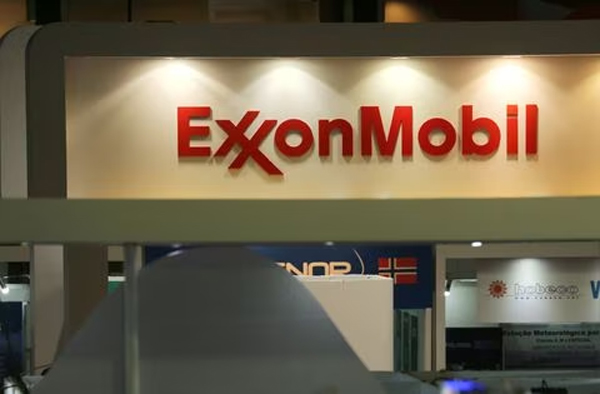
Sabrina Valles, Reuters
HOUSTON
EnergiesNet.com 03 06 2023
Exxon Mobil Corp (XOM.N) hopes to get Nigerian government approval to allow the stalled sale of its shallow water oil production operations in the West African country, a top Exxon executive told Reuters.
The largest U.S. oil company will keep its deep-water assets in Nigeria despite a change in the government’s leadership, Exxon Global Upstream President Liam Mallon said ahead of the CERAweek energy conference by S&PGlobal in Houston starting Monday.
Nigeria last year lost its position as Africa’s top oil producer as major producers like Shell PLC (SHEL.L) and TotalEnergies (TTEF.PA) have sold assets and exited the country amid widespread corruption and security issues.
Exxon one year ago disclosed plans to sell its $1.2 billion in shallow-water assets in Nigeria. But the government in August withheld its initial approval without providing an explanation.
President-elect Bola Tinubu of the ruling All Progressives Congress (APC) party won last week’s general election, and is due to replace his party mate Muhammadu Buhari. However, opponents and independent observers have vowed to challenge the results due to logistical failures that dramatically reduced turnout.
Exxon’s buyer for the shallow water properties, Nigeria’s Seplat Energy Plc, had said it was working with the government to get the deal approved before the new president is sworn in two months from now.
The country “remains a challenging place to work in,” Mallon said. Exxon made “a clear commitment” to stay in Nigeria through its deep-water operations, but future investments will be subject to market conditions.
Mallon will speak on Monday on a CERAweek panel about energy security alongside Nigerian National Petroleum Corp Chief Executive Mele Kyari.
“We are not leaving,” Mallon said. “The deep water in Nigeria remains an attractive opportunity, but it has to compete with other opportunities around the world.”
Major oil producers have been reducing crude production in West Africa and shifting investments to lower-carbon natural gas development on the continent, and to more lucrative projects in the Americas.
Large-scale oil theft from pipelines have throttled exports and forced some companies to shut production.
Reporting by Sabrina Valle; Editing by Richard Chang
reuters.com 03 06 2023












